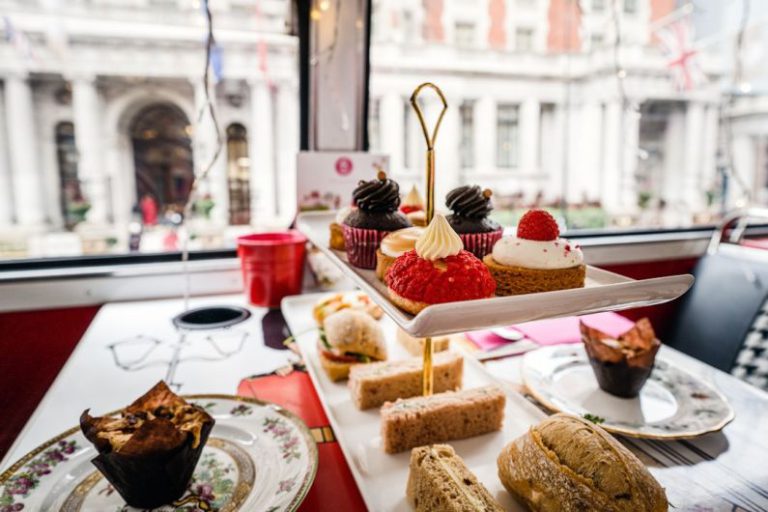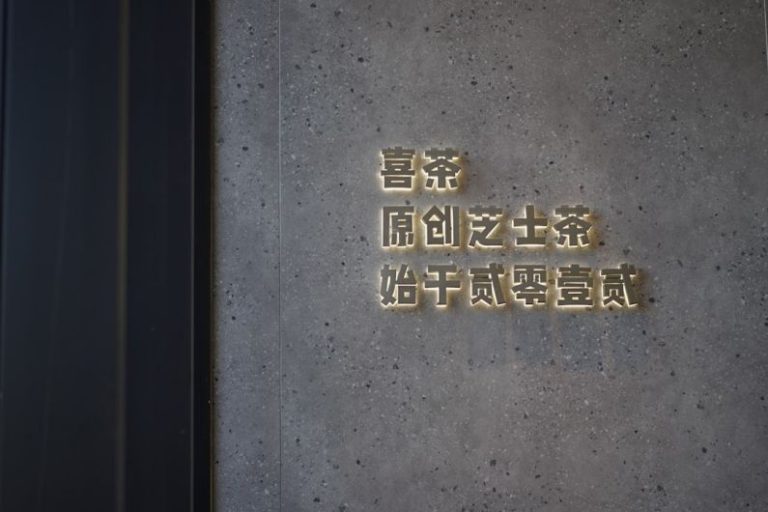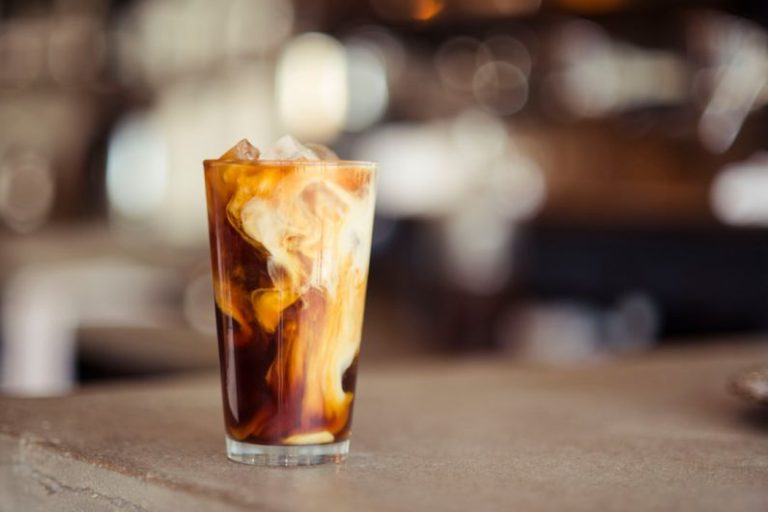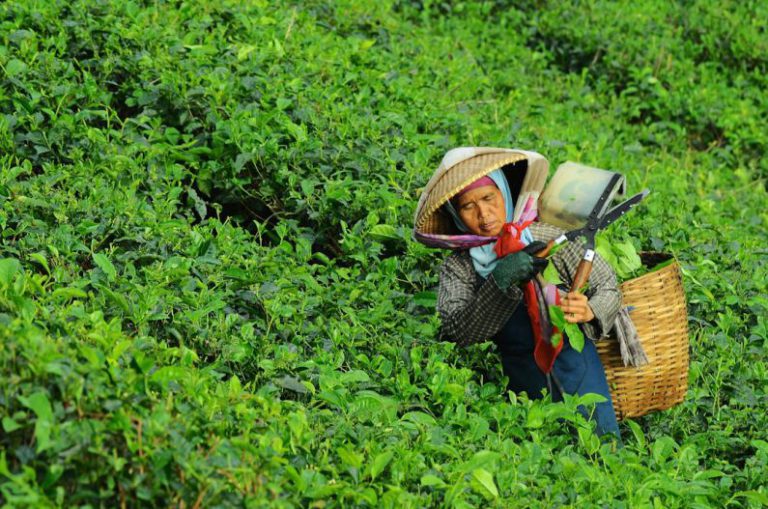Unfolding the History of Tea: a Time Travel
Tea, a beverage enjoyed by millions around the world, has a rich history that dates back thousands of years. From its origins in ancient China to its global popularity today, the story of tea is one of intrigue, discovery, and cultural significance. Join us on a journey through time as we unravel the fascinating history of this beloved drink.
The Ancient Beginnings: Legends and Mythology
Legend has it that tea was discovered by the Chinese Emperor Shen Nong in 2737 BC. As the story goes, while boiling water in his garden, some leaves from a nearby tea plant fell into his pot. Intrigued by the aroma and flavor of the infused water, the Emperor took a sip and found it to be refreshing and invigorating. And thus, tea was born.
While the exact origins of tea may be shrouded in myth and legend, historical evidence suggests that tea cultivation in China dates back to around the 4th century BC. Initially used for medicinal purposes, tea gradually evolved into a popular social beverage enjoyed by the Chinese elite.
The Spread of Tea: From China to Japan and Beyond
Tea made its way to Japan in the 8th century AD, where it became an integral part of Japanese culture and tradition. The Japanese tea ceremony, known as chanoyu, is a highly ritualized practice that emphasizes mindfulness, tranquility, and harmony. Matcha, a finely ground powdered green tea, is the star of this ceremony and symbolizes purity and respect.
In the 9th century, tea was introduced to Korea by Buddhist monks returning from their travels to China. Korean tea culture, influenced by both Chinese and Japanese traditions, emphasizes simplicity, elegance, and the appreciation of nature. Tea ceremonies in Korea are marked by their serene atmosphere and the use of traditional tea ware.
The Arrival of Tea in the West
Tea first arrived in Europe in the 16th century, thanks to Portuguese and Dutch traders who brought it back from their expeditions to the East. Initially considered a luxury commodity reserved for the aristocracy, tea soon gained popularity among the masses, leading to the establishment of tea houses and shops across the continent.
In the 17th and 18th centuries, the British East India Company played a pivotal role in popularizing tea in England. The tea trade boomed, and tea became the national drink of Britain, with afternoon tea becoming a beloved ritual among the British upper class.
Tea in the Modern World: Globalization and Innovation
Today, tea is enjoyed by people from all walks of life and is available in a multitude of varieties and flavors. From traditional black and green teas to herbal infusions and exotic blends, the world of tea continues to expand and evolve.
In recent years, there has been a growing interest in specialty teas, such as oolong, white, and pu-erh teas, each prized for its unique taste and health benefits. Tea sommeliers, tea tastings, and tea pairing events have become increasingly popular, reflecting a renewed appreciation for the art of tea drinking.
Tea culture in the modern world is a vibrant tapestry that weaves together tradition and innovation, history and experimentation. Whether you prefer a classic cup of Earl Grey or a trendy bubble tea, there is a tea out there for everyone to enjoy.
Unfolding the Future of Tea: A Continuation of Tradition
As we gaze into the future, it is clear that tea will continue to hold a special place in our hearts and cups. With a legacy that spans millennia and a global following that transcends borders, tea remains a symbol of hospitality, friendship, and cultural exchange.
So, the next time you savor a cup of tea, take a moment to appreciate the centuries of history and tradition that have gone into each leaf. From the ancient tea gardens of China to the bustling tea markets of India, the story of tea is one that continues to unfold with every sip we take. Join us on this timeless journey through the history of tea, and let its rich flavors and aromas transport you to a world of wonder and delight.






